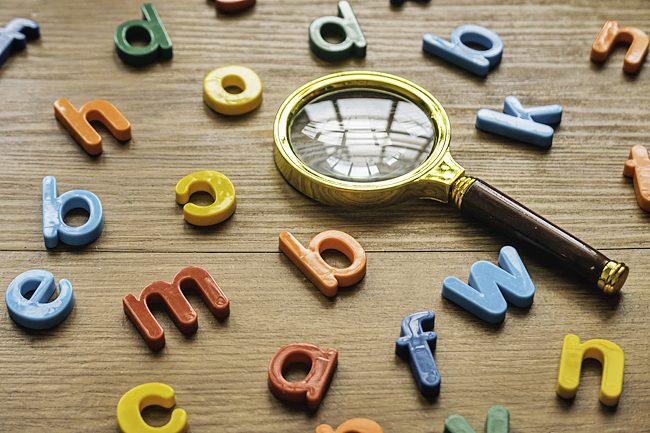Danial Norjidi
Every year, International Mother Language Day is observed around the world on February 21, with this year’s carrying the theme, ‘Multilingual education – a necessity to transform education’.
According to the United Nations (UN), the theme for 2023 International Mother Language Day “aligns with recommendations made during the Transforming Education Summit, where an emphasis was also placed on indigenous people’s education and languages.
“Multilingual education based on mother-tongue facilitates access to and inclusion in learning for population groups that speak non-dominant languages, languages of minority groups and indigenous languages”.
As the UN website explains, “International Mother Language Day recognises that languages and multilingualism can advance inclusion, and the Sustainable Development Goals’ focus on leaving no one behind.”
It was also stated that the United Nation Educational, Scientific and Cultural Organization (UNESCO) encourages and promotes multi-lingual education based on mother tongue or first language.

“It is a type of education that begins in the language that the learner masters most and then gradually introduces other languages. This approach enables learners whose mother tongue is different from the language of instruction to bridge the gap between home and school, to discover the school environment in a familiar language, and thus, learn better.”
The UN further notes that multilingualism contributes to the development of inclusive societies that allow multiple cultures, worldviews and knowledge systems to coexist and cross-fertilise.
In a message to mark this year’s International Mother Language Day, Director-General of UNESCO Audrey Azoulay said, “While mother-tongue-based education is essential to the full development of individuals and to the transmission of linguistic heritage, 40 per cent of the world’s students do not have access to education in the language they speak or understand best.
“Such a situation severely undermines learning, cultural expression and the building of social relations, and significantly weakens the linguistic heritage of humanity.
“It is therefore crucial that this language issue be taken into account in the necessary exercise of transforming education, which UNESCO was supporting throughout 2022, culminating in the Transforming Education Summit, convened last September by the Secretary-General of the United Nations, António Guterres.”
The director-general highlighted that this imperative first requires a better collection of data, which will make it possible to carry out specific and customised actions.
“Above all, however, it requires a more general awareness of the irreplaceable but fragile value of the world’s linguistic and cultural diversity,” she said. “Each of the more than 7,000 languages spoken by humanity carries within it a unique view of the world, of things and of beings, a way of thinking and feeling – so much so that each disappearance of a language constitutes an irretrievable loss.”
Azoulay further noted that in this context, the International Decade of Indigenous Languages (2022–2032), for which UNESCO is the leading agency, is an important opportunity for the international community to mobilise to safeguard a major part of the world’s cultural diversity.
“This is also the aim of this International Day: celebrating these ways of expressing the world in its multiplicity, committing to the preservation of the diversity of languages as a common heritage, and working for quality education – in mother tongues – for all,” added the director-general.
Meanwhile, providing background information on the occasion, the UN website states that International Mother Language Day was proclaimed by the General Conference of the UNESCO in November 1999.
“The idea to celebrate International Mother Language Day was the initiative of Bangladesh. The UN General Assembly welcomed the proclamation of the day in its resolution of 2002.”
It also notes that on May 16, 2007 the UN General Assembly in its resolution A/RES/61/266 called upon member states “to promote the preservation and protection of all languages used by peoples of the world”.
In addition, “The general assembly proclaimed 2008 as the International Year of Languages, to promote unity in diversity and international understanding, through multilingualism and multiculturalism and named the UNESCO to serve as the lead agency for the year.
“Today there is growing awareness that languages play a vital role in development, in ensuring cultural diversity and intercultural dialogue, but also in strengthening co-operation and attaining quality education for all, in building inclusive knowledge societies and preserving cultural heritage, and in mobilising political will for applying the benefits of science and technology to sustainable development”.




